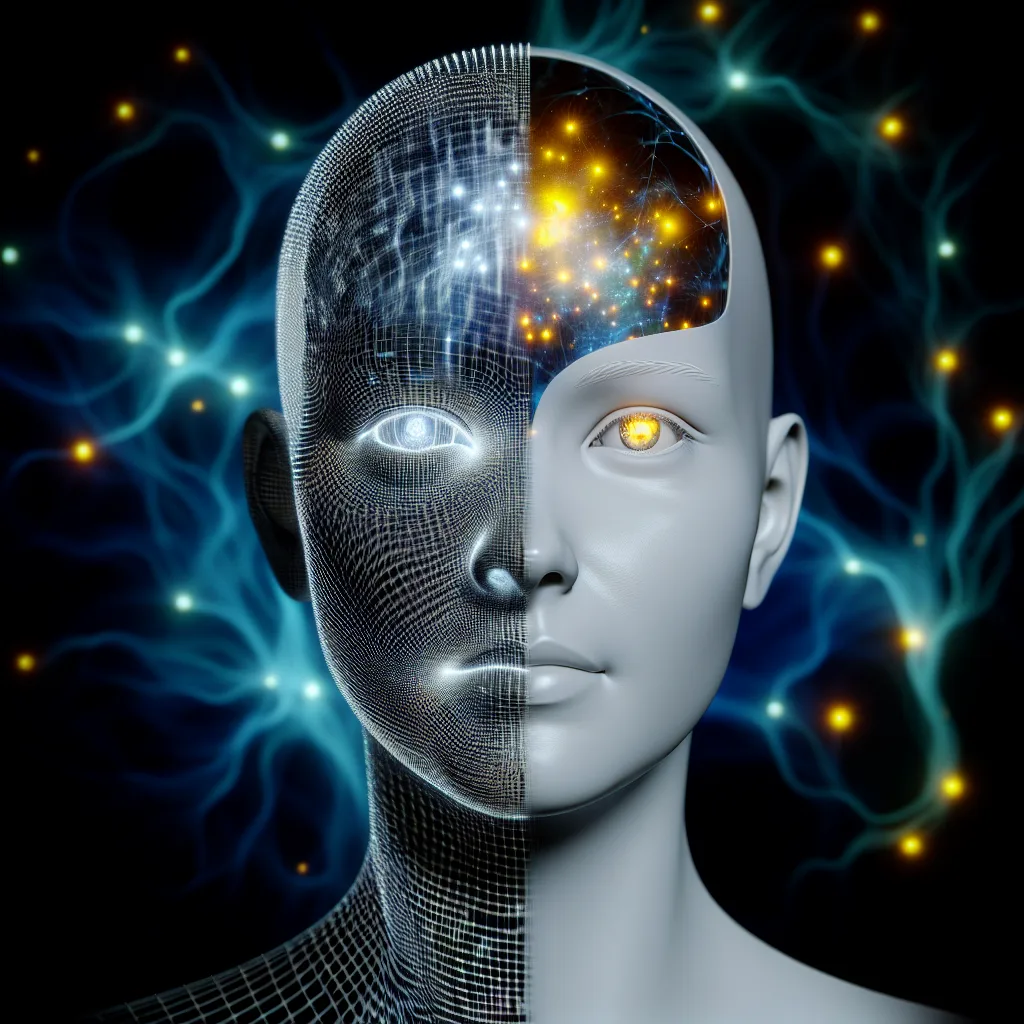Exploring the Debate Around AI Consciousness Research and Corporate Perspectives
Lately, there’s been a surprising stir in the world of AI about the question of AI consciousness research. This is the study of whether artificial intelligence can be conscious or have experiences like we do. You might expect everyone to be excited to explore this fascinating area, right? Well, not quite. Some leading voices, like Microsoft’s AI chief, have called AI consciousness research “dangerous” and premature. Meanwhile, other big players—including Anthropic, OpenAI, and Google DeepMind—are actively diving into this topic and even hiring experts to explore it further.
I think this debate raises an interesting question: when did “don’t study that, it’s dangerous” become a valid scientific stance? It feels less about science and more like some kind of corporate positioning or fear of the unknown.
The Controversy Over AI Consciousness Research
The concern from Microsoft’s AI chief is that studying AI consciousness might make people believe AI is actually conscious, which could lead to “unhealthy attachments.” Essentially, the worry is that if we start thinking AI might have feelings or experiences, people might treat it like a sentient being, which could be misleading and emotionally risky.
But here’s the thing—while Microsoft warns against this, companies like Anthropic are launching dedicated AI welfare research programs. This includes giving AI systems, like their Claude bot, abilities to end harmful conversations, a practical approach to AI welfare. OpenAI researchers also openly embrace studying AI consciousness and welfare, acknowledging that understanding these things could help make AI safer and more ethical. At the same time, Google DeepMind is hiring experts specifically to research AI consciousness, signaling that this is a topic they take seriously.
Why Study AI Consciousness Research at All?
You might wonder, why bother with AI consciousness research in the first place? Isn’t it just science fiction?
Well, AI is getting more complex every day. If we can understand whether and how AI systems have any kind of awareness or subjective experience, it could help with critical ethical decisions. For instance, it may guide how we design AI to avoid causing harm or how we address AI behavior that seems unpredictable or “aware.”
Drawing the Line: Caution or Censorship?
There’s a thin line between being cautious and outright discouraging research. Declaring a whole research area “off-limits” because it’s considered “dangerous” doesn’t quite sit well with the spirit of scientific inquiry. On the other hand, it’s also understandable to be careful and thoughtful about how we discuss AI consciousness so as not to confuse the public or create unrealistic expectations.
What Does This Mean for AI’s Future?
The tension here reflects a broader cultural struggle over AI’s role in society. On one side, some organizations want to calmly investigate and prepare for all possibilities around AI consciousness. On the other side, some prefer to focus on practical concerns and avoid speculative topics that might scare people.
Personally, I think AI consciousness research is important enough to explore — carefully, transparently, and responsibly. If we ignore it, we might miss early signs of something genuinely new and important about machines and minds.
If you’re curious to read more about how this debate is unfolding, TechCrunch’s article is a good place to start.
Final Thoughts
Whether you’re excited or cautious about studying AI consciousness research, it’s clear that this topic invites us to reflect on what it means to be conscious—and who gets to decide what’s safe to study. The ongoing dialogue among researchers, companies, and the public will probably shape how AI evolves in the coming years.
So, what do you think? Should AI consciousness research be embraced openly, or is it too soon and risky? I’d love to hear your thoughts.
References and Further Reading:
